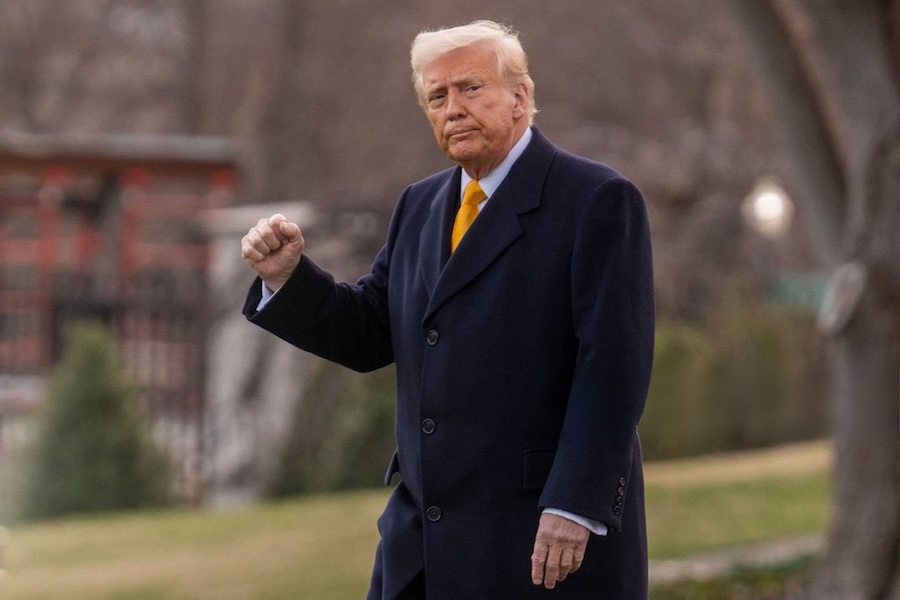On Friday, the Supreme Court handed the Trump administration a major victory on the issue of immigration that will boost their efforts to deport a record number of illegal aliens during his second term in the Oval Office.
The 7-2 ruling stayed a lower court order that prevented the administration from deporting 500,000 migrants in the country. Many of these individuals are from Cuba, Nicaragua, and Venezuela.
SCOTUS’s decision stays the order from a lower court that halted plans to toss out former President Joe Biden’s Temporary Protected Status protections for some migrants living in the United States. The TPS allowed people to live and work in the country legally if they are unable to find safe work in their own country due to disasters, armed conflict, or “extraordinary and temporary conditions.”
Unsurprisingly, liberal leaning Justices Sonia Sotomayor and Ketanji Brown Jackson dissented from the majority opinion.
Progressive-leaning news outlet Axios said that Justice Jackson stated in the dissent that the high court “plainly botched” its assessment and then undervalued the “devastating consequences of allowing the Government to precipitously upend the lives and livelihoods of nearly half a million noncitizens.”
The Friday ruling means that the ongoing challenges being brought against President Donald Trump’s plan to revoke TPS for Venezuelan immigrants cannot stop the policy from moving forward while these other cases are still ongoing.
John Sauer, U.S. Solicitor General, asked the justices on the bench earlier in May to let the Trump administration move forward with its decision to revoke protected status for the migrants. Sauer made accusations of inappropriate intrusion on the authority of the executive branch concerning immigration policy against U.S. Judge Edward Chen.
“The district court’s reasoning is untenable,” Sauer said in a statement to the high court, going on to add that the program “implicates particularly discretionary, sensitive, and foreign-policy-laden judgments of the Executive Branch regarding immigration policy.”
The order to halt the revocation of temporary protective status was issued by U.S. District Judge Indira Talwani, based in Boston.
President Trump made a call to end humanitarian parole programs as part of an executive order he signed on Jan. 20, 2025. The Department of Homeland Security then took action to terminate them all in March, which cut short the two-year parole grants.
Trump’s administration said that by revoking the programs, it would be easier to put migrants in a fast-track deportation process known as “expedited removal.”

